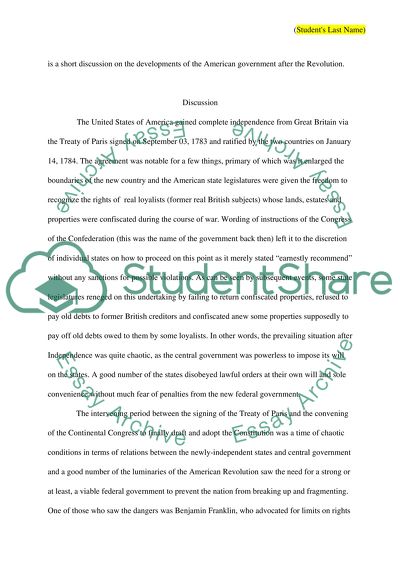Cite this document
(“US Government Development after Revolution Essay”, n.d.)
US Government Development after Revolution Essay. Retrieved from https://studentshare.org/history/1444951-us-government-development-after-revolution
US Government Development after Revolution Essay. Retrieved from https://studentshare.org/history/1444951-us-government-development-after-revolution
(US Government Development After Revolution Essay)
US Government Development After Revolution Essay. https://studentshare.org/history/1444951-us-government-development-after-revolution.
US Government Development After Revolution Essay. https://studentshare.org/history/1444951-us-government-development-after-revolution.
“US Government Development After Revolution Essay”, n.d. https://studentshare.org/history/1444951-us-government-development-after-revolution.


